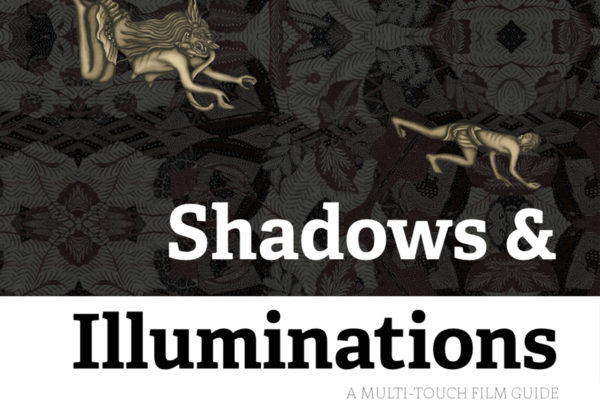What I’m presenting today is the second of three case studies on traditional healers in Java and Bali, for an as yet unreleased film entitled “Challenging the Dark Side.” This short case study film focuses on Pak Darjo, a psychic surgeon, who claims to be a consultant and healer of the Sultan of Yogyakarta.
We interviewed and filmed Pak Darjo several times over the last decade. Psychic surgery is a practice widely distributed across the globe, from the Philippines to Brazil to the United States and now with this presentation in Java, Indonesia. Most of the work that has been done on psychic surgery has pointed to the aspects of charlatanism and outright fraud, though some have pointed to a more complex analysis of this practice. Philip Singer, in his work on “Psychic Surgery” in the Phillipines, discusses the healing power of psychic surgery as a placebo, the concept that it is a learned cultural behavior and a result of “changing world of biomedicine and ‘health tourists'” and compares it with other alternative biomedical practices which have been called unnecessary (Singer 177).
As one can see in this video on Pak Darjo, practitioners utilize both the potent symbols of Western biomedicine (scalpels, gauze, medical trays) and of Javanese spiritualism (kris knives, spears, phrases from the Koran) to both legitimate and heighten their practice. From a factual perspective Pak Darjo clearly engages in sleight-of-hand and deception in his physical practice (such as secreting a sponge in his palm he fills with iodine, and when it drips down his fingers and down the blade it looks like blood) yet his sincerity in his spiritual practice and concern for his patient’s well-being is also evident.
Singer, P. (1990). “Psychic Surgery”: Close Observation of a Popular Healing Practice. Medical Anthropology Quarterly, 4(4), new series, 443-451. Retrieved from http://www.jstor.org/stable/




